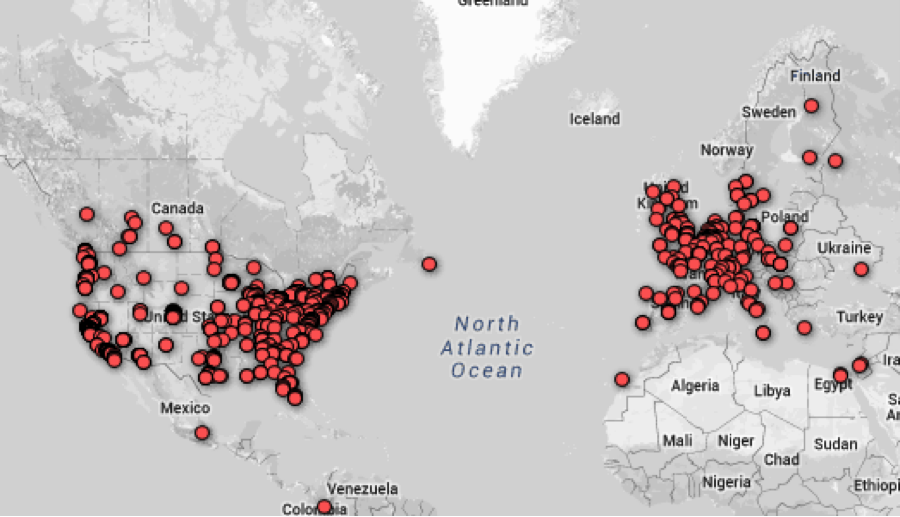LMS vs Net? Deep decision time on budgeting types of learning software

As schools move rapidly towards widespread rollout of 1:1 computer per student systems, educators and culture also stands at the cross-roads for critical decisions about the kinds of software and learning methodologies to be used. Following the money will indicate what choices are being made, as a great deal of it is going to change hands in going forward. Will instruction be authoritarian, top-down state competency, teacher centered instruction delivered to students as containers for holding and repeating information and directions using CMI/ILS/LMS software? Will it be democratic, bottom-up student-interest centered, envisioning students as generators, composing with the rich interactive multimedia of the age, learners as eduentrepreneurs of inventive solutions to interesting problems and participants whose independence and teamwork grow globally by constructing their own personal learning networks and learning products? Might it be blended? To what degree? How did we get to thes

